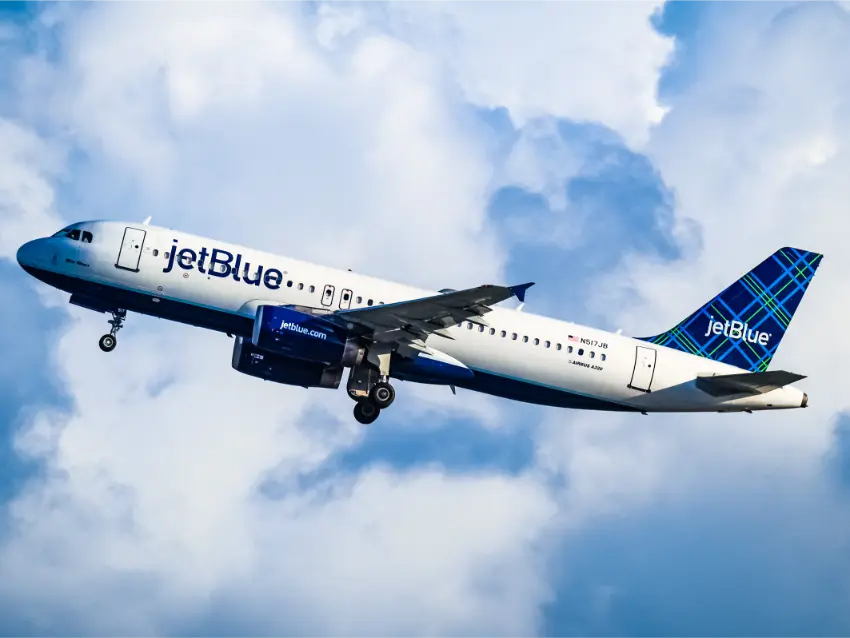In a significant legal development, a federal court has halted JetBlue Airways‘ proposed $3.8 billion acquisition of Spirit Airlines. U.S. District Judge William Young in Boston ruled in favor of the U.S. Department of Justice, agreeing that the merger would be anticompetitive and detrimental to consumers.
This decision marks a win for the Biden administration, which has been actively working to prevent further consolidation in the U.S. airline industry. The ruling also casts doubt on the potential success of Alaska Air’s proposed acquisition of Hawaiian Airlines.

The court’s decision raises concerns about the future of Spirit Airlines. The ultra-low-cost carrier, facing increased operating costs and ongoing supply chain issues, has struggled to maintain profitability. Following the ruling, Spirit’s shares dropped by 44.56%, while JetBlue’s shares saw a 6.75% increase.
Legal Perspective: Judge Young's Rationale Behind Halting the Merger
Judge Young acknowledged that a JetBlue-Spirit merger could intensify competition among larger domestic airlines. However, he emphasized that “the consumers that rely on Spirit’s unique, low-price model would likely be harmed.” He pointed out that Spirit’s presence in a market typically leads to a 7% to 11% reduction in fares by competitors, including JetBlue. The government has demonstrated that consumers value Spirit flights as a unique, economical product option,” Young wrote. “The removal of Spirit as an option for consumers, therefore, would constitute a cognizable harm.”
The ruling has led to speculation about JetBlue potentially renegotiating the deal, particularly in light of Spirit’s declining share price before the ruling. Judge Young did not completely prohibit a merger between the two companies, suggesting that the court remains open to reconsideration if the airlines propose a revised agreement.
JetBlue's Response and Potential Next Steps in the Legal Process
JetBlue, in response to the ruling, stated that it is considering its “next steps as part of the legal process,” and asserted that it had already addressed the anti-competitive concerns raised by the Department of Justice. Spirit and the Justice Department have not commented on the ruling.
The Justice Department, supported by Democratic state attorney generals from six states and the District of Columbia, argued that the merger would lead to reduced flights and higher prices for consumers, causing nearly $1 billion in annual harm.
JetBlue’s legal team contended that the lawsuit was a flawed challenge to a merger between the country’s sixth and seventh-largest airlines. They argued that the combined entity would still only control 10.2% of a market dominated by four major airlines – United Airlines, American Airlines, Delta Air Lines, and Southwest Airlines.
The Justice Department highlighted Spirit’s pioneering role in the U.S. airline industry, being the first domestic carrier to offer a pay-per-service model, significantly impacting fare competition.
JetBlue had Unloaded Assets to Mitigate Regulatory Scrutiny
JetBlue, known for its low-cost approach compared to larger airlines, had attempted to mitigate regulatory concerns by agreeing to divest key assets at major airports across New York City, Boston, Newark, and Fort Lauderdale.
This case is part of the Biden administration’s broader initiative to enhance antitrust enforcement, a strategy that has seen varying degrees of success in court. In a related case, a Boston judge found JetBlue’s Northeast partnership with American Airlines to be in violation of antitrust laws, leading JetBlue to terminate the alliance. American Airlines is currently appealing this decision.

